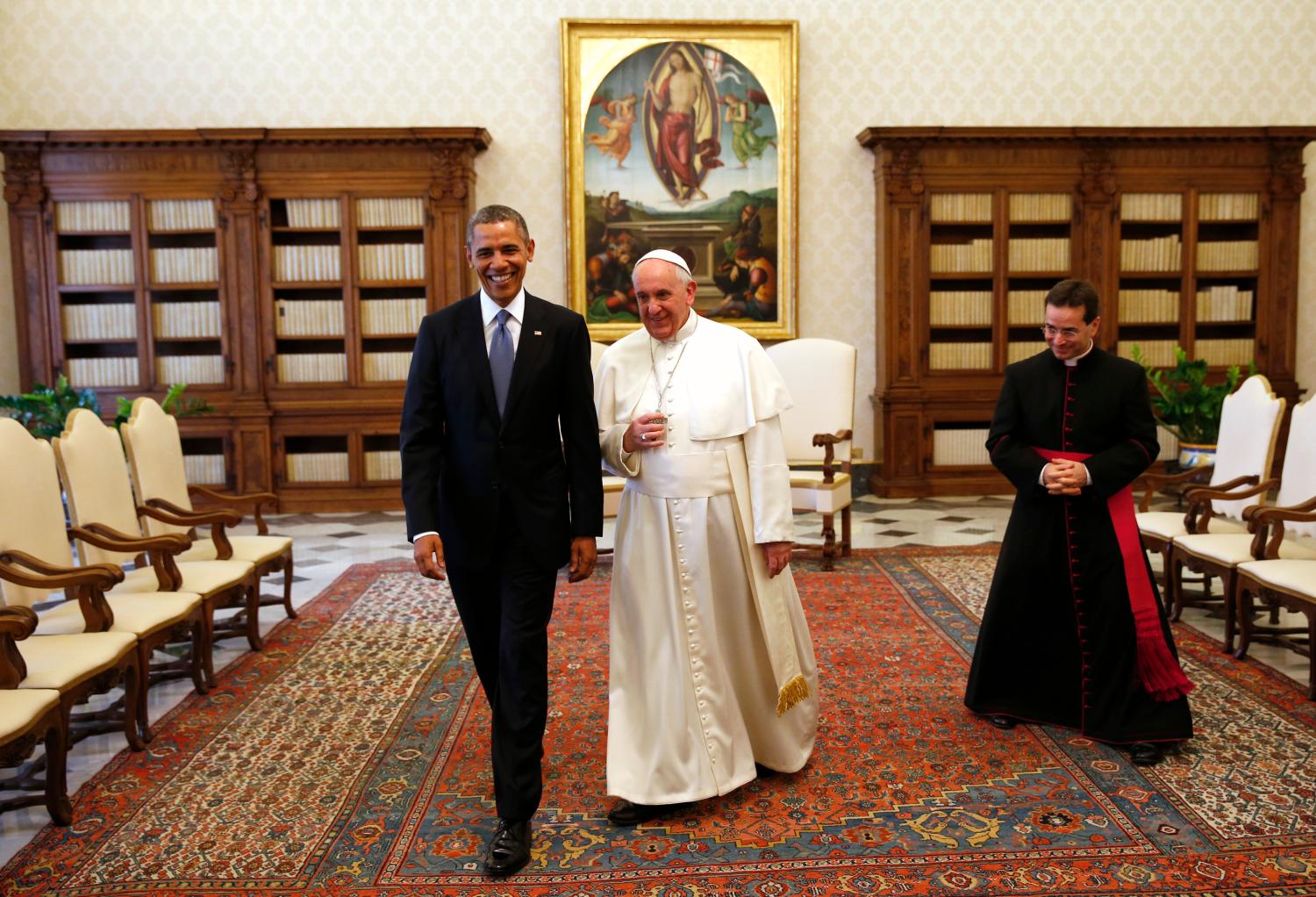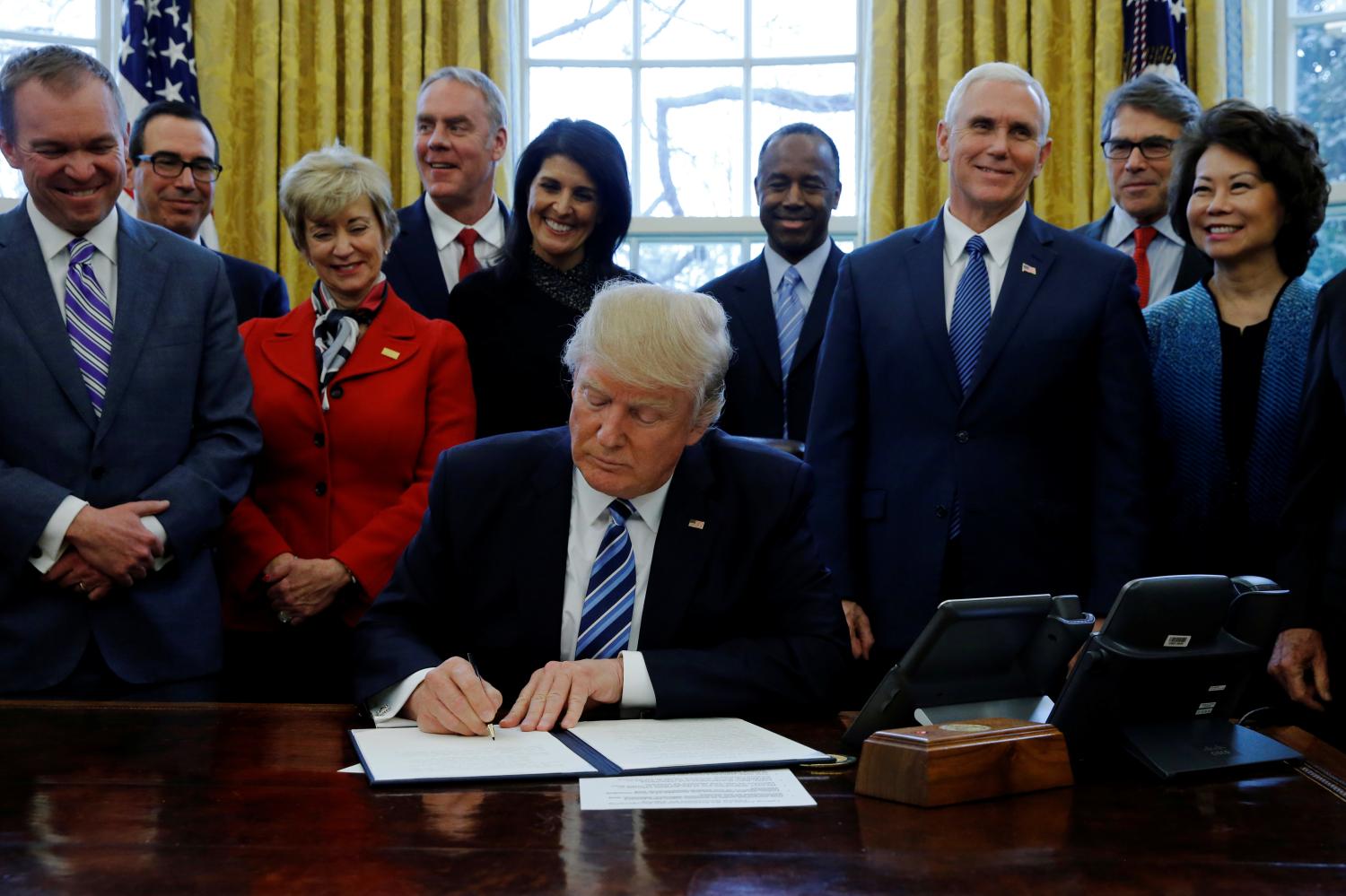The last few years have witnessed a flurry of interest and activity around religious engagement in diplomacy on both sides of the Atlantic, observe Peter Mandaville, professor at George Mason University and nonresident senior fellow with Brookings, and Sara Silvestri, senior lecturer in international politics at City University London and director of Research at the Von Hügel Institute at the University of Cambridge.
Informed by consultations with dozens of policymakers, this research paper provides an overview of the challenges and opportunities facing efforts to build awareness and capacity around the intersection of religion and foreign policy. There is now a considerable track record of diplomats having worked both formally and informally to include a focus on religion and religious engagement in their work, the authors assert, and there’s great opportunity to build upon such efforts.
After surveying a number of the challenges to integrating religious engagement into statecraft – from a bias of secularism in diplomacy, to religious freedom protections, to institutional constraints – Mandaville and Silvestri argue that training and professional development efforts around religion would need to be part of the mandatory preparation that all diplomats receive before heading into the field. A “religious literacy” training program would have three core components, they write: (1) world religions and global religious demography; (2) religion and the advancement of foreign policy interests; and (3) religious engagement in diplomacy.
The authors also argue that policymakers will have the greatest chance of reaping benefits from closer awareness of and engagement with religion if they are able to institutionalize this approach as part and parcel of mainstream diplomacy.
The “mainstreaming approach” Mandaville and Silvestri outline would include:
- Moving away from a model whereby religion is viewed as being relevant only to certain specialized functions such as the advancement of international religious freedom.
- Departing from approaches to engagement with religious leaders and faith-based organizations that view those entities as having a limited role around a very limited set of policy issues (e.g. peacemaking, development, humanitarian disasters).
- Getting beyond the all-too common practice of using “religion” as a shorthand or euphemism for Islam.
- Recognizing the central importance of religion as a societal force around the world.
- Making the case that awareness of and engagement with religious actors can play a constructive role in advancing even policy issues that, on the face of it, seemingly have little to do with religion, faith, or spiritual matters.
- And, lastly, while advocating for the importance of religion as a force in world affairs—also avoiding over-stating the importance of religion.
The foreign policy community has an opportunity today to address a major deficiency in terms of its ability to appreciate and engage religion as a central force in contemporary world politics, Mandaville and Silvestri conclude.
The Brookings Institution is committed to quality, independence, and impact.
We are supported by a diverse array of funders. In line with our values and policies, each Brookings publication represents the sole views of its author(s).




